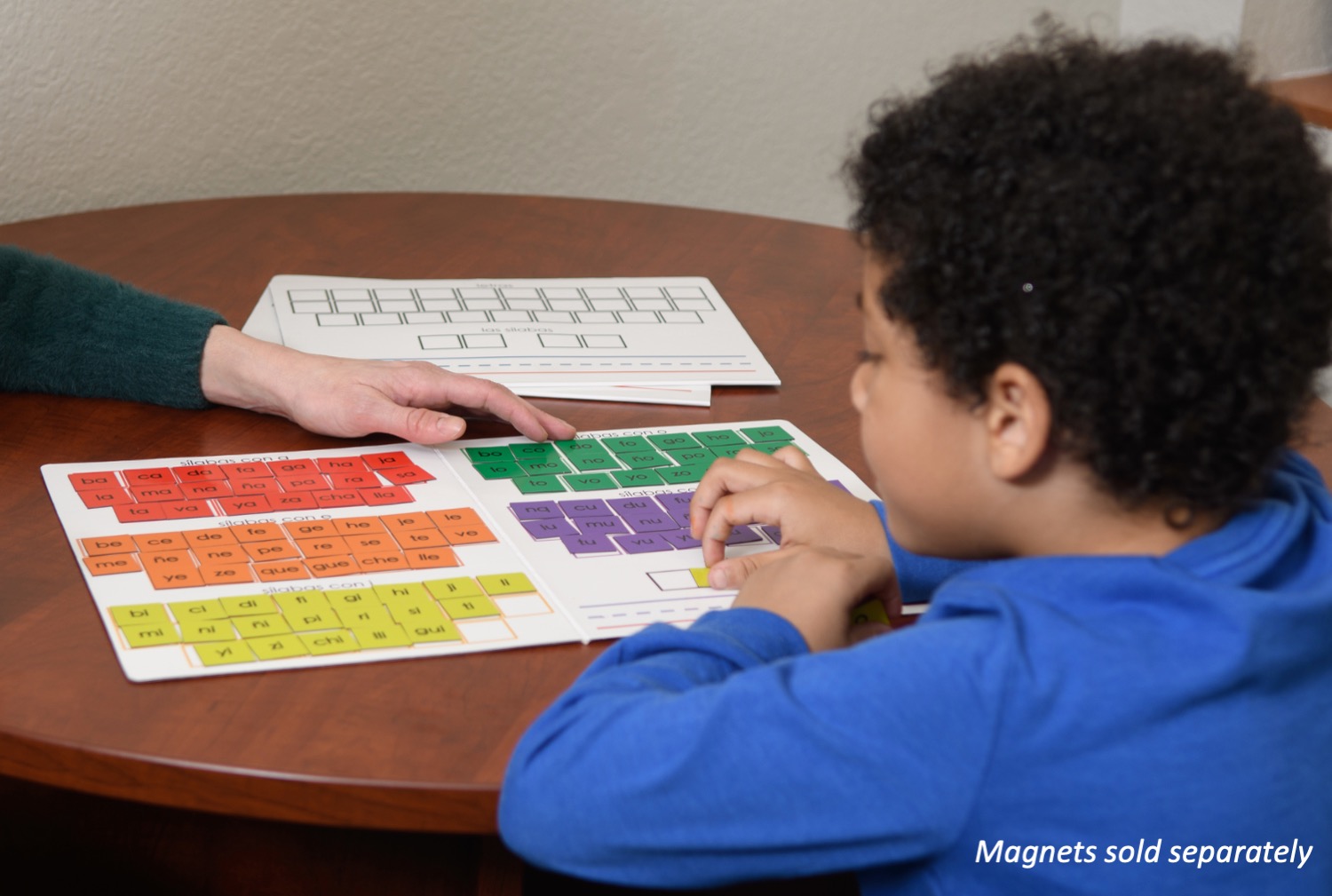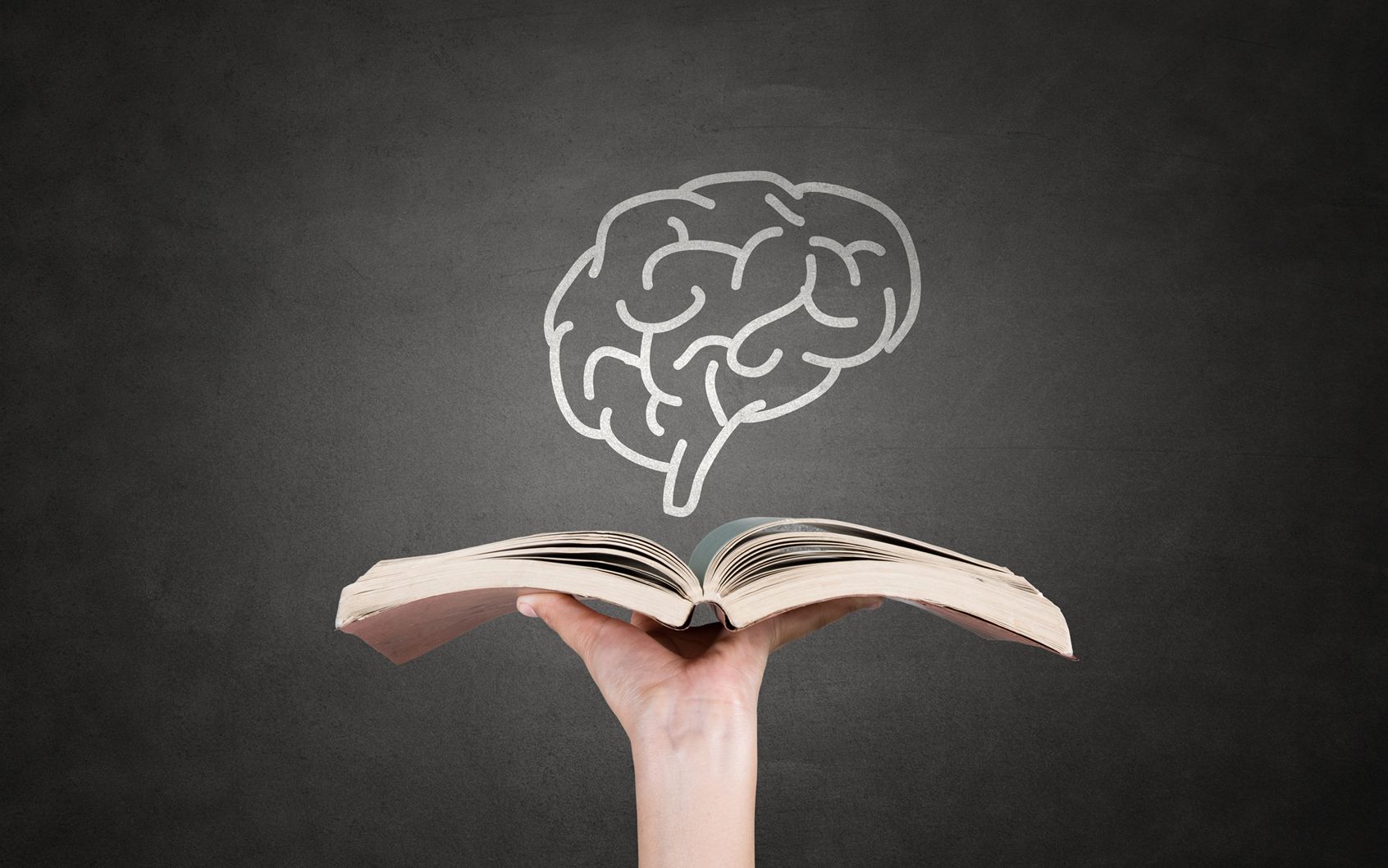In today’s fast-paced world, literacy is more important than ever. As a cornerstone of education, literacy skills not only enhance reading comprehension but also play a significant role in academic achievement. This article delves into the intricate relationship between literacy and academic success, exploring how strong literacy skills can open doors to better educational outcomes. We will examine the components of literacy, its impact on academic achievement, strategies to improve literacy skills, literacy programs and initiatives, the challenges faced in literacy education, and the future of literacy in education.
Understanding Literacy Skills
Literacy skills encompass more than just the ability to read and write. They include a range of competencies like reading comprehension, vocabulary development, and critical thinking. These skills enable individuals to understand, interpret, and engage with written content effectively.
The Components of Literacy
Literacy is a multifaceted skill set that serves as the foundation for academic achievement. Understanding its components is crucial for educators and learners alike.
- Reading Comprehension: This is the ability to process text, understand its meaning, and integrate it with what the reader already knows. Good reading comprehension is crucial for academic success across all subjects. It involves not only decoding words but also understanding the context, making inferences, and synthesizing information from multiple sources.
- Vocabulary Development: A rich vocabulary allows students to understand and express complex ideas. It is closely linked to reading comprehension and academic performance. Vocabulary development is an ongoing process that involves exposure to new words through reading, conversation, and instruction.
- Critical Thinking: This involves analyzing information, evaluating evidence, and forming reasoned conclusions. Critical thinking is essential for tackling complex problems and making informed decisions. It requires students to question assumptions, consider multiple perspectives, and apply logic and reasoning to solve problems.
- Writing Skills: Writing is a critical component of literacy that involves the ability to organize thoughts, articulate ideas clearly, and communicate effectively. Strong writing skills enhance students’ ability to convey their understanding and engage with academic content.
- Digital Literacy: In the digital age, literacy extends beyond traditional reading and writing to include digital literacy. This involves the ability to navigate, evaluate, and create information using digital technologies. Digital literacy is increasingly important as students engage with online content and digital tools in their education.

The Impact of Literacy on Academic Achievement
There is a strong correlation between literacy skills and academic achievement. Students with well-developed literacy skills tend to perform better across all subjects, not just language arts. Here are some ways literacy skills affect academic success:
Enhanced Learning Capabilities
Students with strong literacy skills can better understand and retain information. This ability to comprehend complex texts and concepts is critical in subjects like science, history, and mathematics. Literacy allows students to decode complex instructions, understand the nuances of academic language, and apply knowledge to new situations.
Moreover, literacy is the gateway to independent learning. Students who can read effectively can explore new topics on their own, seek out information, and engage in self-directed study. This independence fosters a lifelong love of learning and curiosity, which are essential for academic and personal growth.
Improved Test Performance
Standardized tests often rely heavily on reading comprehension and critical thinking. Students with strong literacy skills are generally more successful in these assessments, leading to better academic records and opportunities. Literacy skills enable students to understand test questions, analyze options, and choose the most appropriate answers.
In addition, literacy skills are crucial for writing essays and constructed responses, which are common components of standardized assessments. Students with strong writing skills can clearly articulate their thoughts, provide evidence, and construct well-reasoned arguments, resulting in higher test scores.
Greater Classroom Engagement
When students are confident in their literacy abilities, they are more likely to participate in class discussions, ask questions, and engage with the material. This active participation enhances learning and contributes to academic success. Literacy enables students to access and interpret diverse perspectives, fostering a more inclusive and dynamic classroom environment.
Engagement is also linked to motivation. Students who can read and understand content are more motivated to engage with it. They experience a sense of achievement and empowerment, which boosts their confidence and encourages them to take on new challenges.
Long-Term Academic Success
Literacy skills lay the foundation for long-term academic success. They are essential for higher education and lifelong learning. Students with strong literacy skills are more likely to pursue advanced studies, succeed in college, and thrive in their careers. Literacy enables them to communicate effectively, collaborate with others, and adapt to new and complex information.
Furthermore, literacy is linked to critical life skills such as problem-solving, decision-making, and financial literacy. These skills are essential for navigating the complexities of modern life and achieving personal and professional goals.
Strategies to Improve Literacy Skills
Educators and parents can adopt several strategies to boost literacy skills and, consequently, academic achievement. By incorporating these strategies, learners can develop a strong foundation in literacy and unlock their full academic potential.
Encouraging Reading Habits
Promoting a love for reading from an early age can significantly impact literacy development. Providing access to a variety of reading materials and setting aside dedicated reading times can foster a lifelong reading habit. Parents and educators can create a print-rich environment with books, magazines, and other reading materials that appeal to students’ interests.
Reading aloud to children is another effective strategy. It introduces them to new vocabulary, models fluent reading, and helps them develop listening comprehension skills. Encouraging discussions about books and stories can also enhance critical thinking and comprehension.
Interactive Learning Approaches
Incorporating interactive and engaging learning activities can make literacy education more effective. Activities like group reading sessions, storytelling, and literacy games can help improve reading comprehension and vocabulary. These activities encourage collaboration, communication, and creativity.
Project-based learning is another approach that integrates literacy with other subjects. Students work on projects that require research, writing, and presentation skills, allowing them to apply literacy skills in meaningful contexts. This approach fosters deeper understanding and engagement with academic content.
Integrating Technology
Digital tools and resources can support literacy development. Educational apps, e-books, and online reading platforms offer diverse and interactive ways to enhance literacy skills. Technology provides opportunities for personalized learning, allowing students to progress at their own pace and receive immediate feedback.
Virtual reality and augmented reality are emerging technologies that can transform literacy education. They provide immersive experiences that enhance comprehension and engagement, making complex concepts more accessible and exciting for learners.
Tailoring Instruction to Individual Needs
Differentiated instruction is essential for addressing the diverse literacy needs of students. Teachers can use assessments to identify students’ strengths and areas for improvement, and then tailor instruction to meet individual needs. This approach ensures that all students receive the support they need to succeed.
Intervention programs are also crucial for students who struggle with literacy. These programs provide targeted instruction and practice in areas such as phonics, fluency, and comprehension. By addressing specific challenges, intervention programs help students build confidence and improve their literacy skills.

Literacy Programs and Initiatives
Many schools and organizations have recognized the importance of literacy and have implemented programs to support its development. These programs and initiatives play a vital role in promoting literacy and ensuring that all students have access to quality literacy education.
School-Based Literacy Programs
These programs often include specialized reading interventions, literacy workshops, and teacher training sessions aimed at improving students’ literacy skills. Schools may implement reading recovery programs, guided reading groups, and literacy centers to provide targeted support.
Teacher training is a key component of school-based literacy programs. Educators receive professional development in effective literacy instruction, assessment, and intervention strategies. This training equips teachers with the skills and knowledge they need to support students’ literacy development.
Community Literacy Initiatives
Community initiatives, such as library reading programs and literacy tutoring, provide additional support to students outside the classroom. These programs can help bridge the gap for students who may not have access to sufficient literacy resources at home. Libraries offer a wealth of resources, including books, technology, and educational programs, to support literacy.
Volunteer tutoring programs are another valuable resource. Trained volunteers work with students individually or in small groups to provide personalized literacy instruction and support. These programs foster a sense of community and collaboration, engaging students and promoting a love of reading.
Government and Non-Profit Efforts
Governments and non-profit organizations play a crucial role in promoting literacy. They often fund and support initiatives aimed at improving literacy rates and providing resources to underprivileged communities. These efforts may include grants for literacy programs, distribution of books and materials, and advocacy for literacy education policies.
Non-profit organizations also engage in research and advocacy to raise awareness about the importance of literacy. They work to address barriers to literacy education and promote equitable access to literacy resources for all students.
Corporate and Private Sector Involvement
The private sector can also contribute to literacy initiatives. Corporations may sponsor literacy programs, donate resources, or engage employees in volunteer efforts. Partnerships between businesses and schools or non-profits can create opportunities for innovation and collaboration in literacy education.
Corporate involvement can also raise awareness about the importance of literacy in the workforce. By promoting literacy as a critical skill for career success, businesses can encourage investment in literacy education and support efforts to improve literacy rates.
Challenges in Literacy Education
Despite the clear benefits of literacy education, several challenges persist. Addressing these challenges is essential to ensure that all students have the opportunity to develop strong literacy skills and achieve academic success.
Socioeconomic Barriers
Students from low-income families may face limited access to books, technology, and educational support, hindering their literacy development. These barriers can create disparities in literacy skills and academic achievement. Schools and communities must work to provide equitable access to literacy resources and support for all students.
Poverty can also impact students’ readiness to learn. Students from low-income families may experience stress, hunger, and other challenges that affect their ability to focus and engage in learning. Addressing these issues is crucial for supporting literacy development and academic success.
Language Differences
In multicultural societies, language barriers can pose significant challenges. English language learners, for example, may struggle with literacy skills due to differences in language and cultural context. Schools must provide support for language development and literacy instruction that is culturally responsive and inclusive.
Bilingual education programs can help address language differences. These programs support students’ native language development while promoting English literacy, allowing students to build on their linguistic strengths and achieve academic success.
Learning Disabilities
Students with learning disabilities, such as dyslexia, may require specialized instruction and resources to develop literacy skills effectively. Early identification and intervention are crucial for supporting these students. Schools must provide accommodations and specialized instruction to meet the diverse needs of students with learning disabilities.
Assistive technology can also support students with learning disabilities. Tools such as text-to-speech software, audiobooks, and speech recognition programs can help students access and engage with literacy content, promoting independence and confidence.
Teacher Preparation and Professional Development
Effective literacy instruction requires well-prepared and knowledgeable teachers. Teacher preparation programs must provide comprehensive training in literacy instruction, assessment, and intervention. Ongoing professional development is also essential to keep teachers informed about new research, strategies, and technologies in literacy education.
Collaboration and mentorship can support teachers’ professional growth. By working together, teachers can share best practices, learn from each other’s experiences, and develop innovative approaches to literacy instruction.
The Future of Literacy and Education
As technology continues to evolve, the landscape of literacy education will change. The integration of digital literacy, which involves the ability to navigate and evaluate information online, will become increasingly important. Educators must adapt their teaching methods to prepare students for the demands of the digital age.
The Role of Technology in Literacy Education
Technology will play a central role in the future of literacy education. Digital tools and resources offer new opportunities for personalized and interactive learning. Educators can use technology to differentiate instruction, provide immediate feedback, and engage students in meaningful literacy activities.
Artificial intelligence and machine learning have the potential to transform literacy education. These technologies can analyze student data to identify learning patterns, predict challenges, and provide targeted support. By harnessing the power of AI, educators can create more effective and efficient literacy instruction.
The Importance of Media Literacy
In the digital age, media literacy is a critical skill. Students must learn to evaluate information from diverse sources, identify bias, and understand the impact of media on society. Media literacy education empowers students to be informed and responsible consumers of information, enabling them to navigate the complexities of the digital world.
Media literacy also supports critical thinking and analysis. By examining media content, students develop the skills to question assumptions, consider multiple perspectives, and engage in informed discussions. These skills are essential for academic success and active citizenship.
Preparing Students for a Globalized World
Globalization has increased the interconnectedness of societies, creating new opportunities and challenges. Literacy education must prepare students to communicate and collaborate across cultures and languages. Multilingualism and cultural literacy are increasingly important in a globalized world.
Educators can promote global literacy by incorporating diverse perspectives and content into the curriculum. By exploring global issues, students develop empathy, understanding, and the ability to engage with diverse communities. These skills are essential for success in a globalized and multicultural society.
The Role of Policy and Advocacy
Policy and advocacy will shape the future of literacy education. Governments and organizations must prioritize literacy as a fundamental right and invest in programs and resources to support literacy development. Advocacy efforts can raise awareness about the importance of literacy and drive policy changes that promote equitable access to literacy education for all students.
Collaboration between policymakers, educators, and communities is essential for advancing literacy education. By working together, stakeholders can create a shared vision for the future of literacy and develop strategies to achieve it.
Conclusion
The connection between literacy and academic achievement is undeniable. By enhancing literacy skills, students can unlock their full academic potential and pave the way for future success. Parents, educators, and communities play a vital role in supporting literacy development and ensuring that all students have the opportunity to thrive academically. As we move forward, a continued focus on literacy education will be essential to equip students with the skills they need in an ever-changing world.
Literacy is a lifelong journey that extends beyond the classroom. It empowers individuals to engage with the world, make informed decisions, and contribute to society. By investing in literacy education, we invest in the future of our students, our communities, and our world. Together, we can create a future where all individuals have the literacy skills they need to succeed and thrive.
Contact PDX Reading Specialist for a Comprehensive Assessment
Are you concerned about your child’s literacy development? Do you want to ensure they receive the support they need to succeed academically? Contact the PDX Reading Specialist today for a comprehensive assessment tailored to your child’s unique needs. Our expert team is dedicated to providing personalized strategies and resources to enhance literacy skills and foster a love for reading. Don’t wait—empower your child on their literacy journey now!

